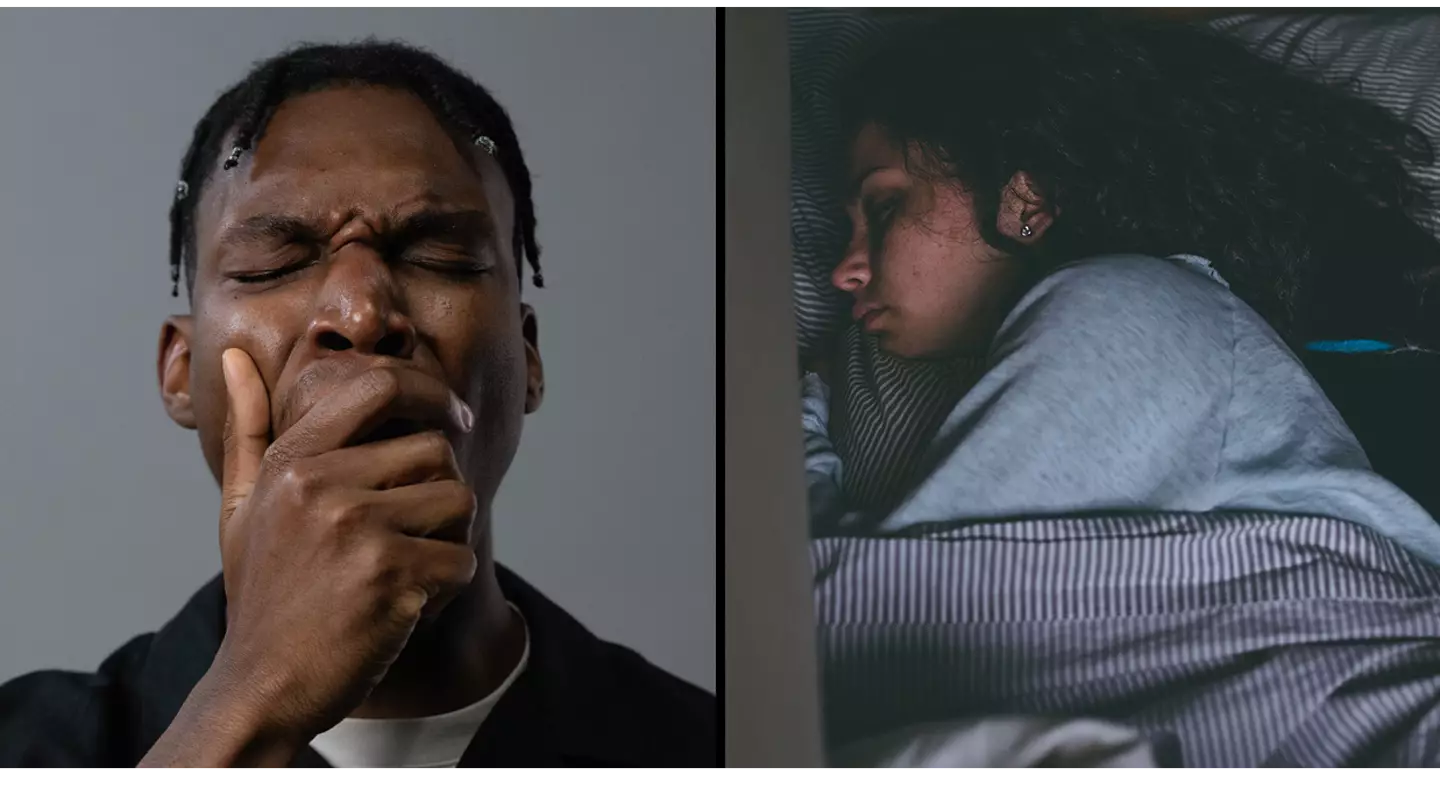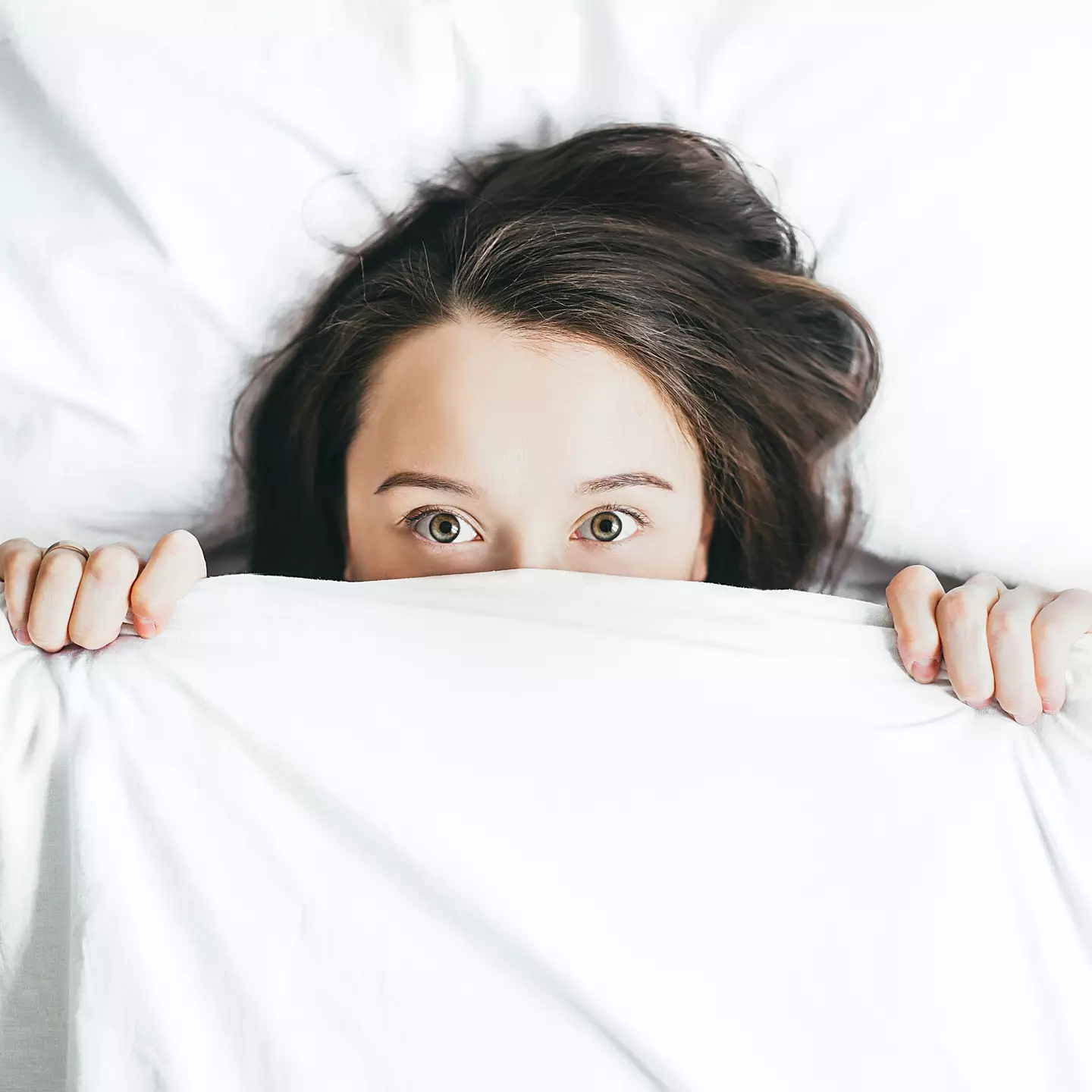
How important do you think sleep is? According to these doctors, it’s something that you should never skimp out on again!
As there are so many reasons why people choose not to or cannot get eight hours of sleep per night, it’s almost become normal to expect to get less sleep than what’s recommended.
Whether you wake up unexpectedly each night and can't fall back to sleep or you have a study marathon, there is always something getting in the way of why you can't settle down.
But are you putting your health at risk by not prioritising your kip?
Advert

Well, according to a certified clinical sleep educator, Terry Cralle, and other experts who spoke to Everyday Health, you could be risking your overall health in the long run.
Because your sleep is also interconnected to your eating habits and health, those who have chronic poor sleep can be at risk of serious medical conditions.
According to John Cline, an assistant professor of clinical psychology at the Yale School of Medicine and fellow of the American Academy of Sleep Medicine, your brain becomes impaired after just 24 hours of no sleep.
He said: “The brain is trying to cope with not having its opportunity to rejuvenate itself, so we have these heightened stress hormones to keep the body activated.”
Advert
These stress hormones, cortisol, and adrenaline, increase to battle fatigue as well as leaving you with the same level of cognitive impairment as someone with a blood alcohol content of 0.1 percent.
This means that you could be at risk danger, according to Cline who pointed to research regarding an increased risk of car accidents after working an overnight shift.
A study published to the Journal of Sleep Research in 2016, took a small group of men and kept them awake for 24 hours, which found that the men were likely to have false memories due to cognitive decline.
Regarding this, Cralle said: “Judgment is affected, memory is impaired, and there’s deterioration in decision-making ability and eye-hand coordination.”

Advert
The sleep expert also mentions that when you are awake for this period, you may also experience having a decreased attention span, being emotionally reactive, impaired hearing and an increased risk death from a fatal accident.
But that’s not all as it only gets worst at 36 hours.
Michelle Drerup, a psychologist, and director of the Behavioural Sleep Medicine Program at the Cleveland Clinic explains that your cognitive impairment will get worse, so that you will experience a foggy memory, and an inability to learn information or process social cues.
At 48 hours is where it’s considered 'extreme sleep deprivation,' according to Dr Drerup.
This is because the body will start to engage in 'microsleeps', which are a couple of seconds where the body shuts down and the brain switches off.
Advert
Then the hallucinations will begin as you enter the 72nd hour without sleep.
Cline warned that you may feel miserable at this time: “The brain is fighting against wanting to shut down, and that’s going to create a really fragile emotional state.”
He said that this because microsleeps will happen more often with longer stretches, which is a protective response by the body, though they are uber dangerous if you are behind the wheel or operating heavy machinery.
Will you be continuing your late-night antics?
